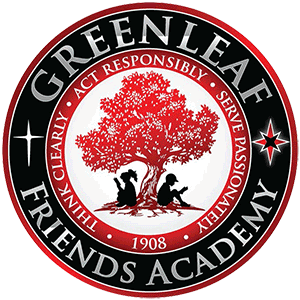
“A classical Christian teacher strives to invest directly into his students and the relationship between teacher and student forms the heart and soul of the class, and the curriculum becomes only a basic framework for the teacher to follow.”
That’s when I started on a long journey that ended at classical Christian education and the classroom habits and practices that are unique to it. There are a few major differences between a classical Christian classroom and a progressive classroom. One is the focal point of the classroom: while most schools are curriculum-centered, the classical Christian classroom strives to be teachercentered. It rests securely on the teacher-disciple model that is most clearly seen in the relationship between Jesus and His disciples. Jesus walked alongside his students, living in community with them, he talked with them frequently and personally, and he corrected them lovingly when they needed it (Peter seemed most often to be on the receiving end of Jesus’s corrections!) As Jesus said, “everyone who is perfectly trained will be like his teacher” (Luke 6:40.) Imagine how absurd it might seem if, when the disciples asked him a question, Jesus didn’t answer the disciples, but instead referred them back to a textbook. In the same way, a classical Christian teacher strives to invest directly into his students and the relationship between teacher and student forms the heart and soul of the class, and the curriculum becomes only a basic framework for the teacher to follow.
There are also specific classroom habits that are particular to a classical Christian education. These habits correspond closely to the Trivium, which we discussed last week. In the Grammar phase, students are immersed in learning the rules of all areas of study by way of songs, chants, recitations, narration, and rote memory. In the Logic phase, students learn the rules of thinking well and practice employing them in thinking critically about the world around them. In the Rhetoric phase, students build upon the foundation of Grammar and Logic and practice the arts of thinking deeply about ideas, formulating arguments around those ideas, and then articulating those ideas to the world in ways that are beautiful and persuasive and, God willing, will change hearts and minds. Step into one of our classrooms and you are likely to see grammar students singing their multiplication tables, logic students at the whiteboard formulating syllogisms proving that Beowulf was a good king, or seated in a discussion circle having a deep conversation about Paradise Lost and how the chief end of Man is to glorify God and not the Self.

